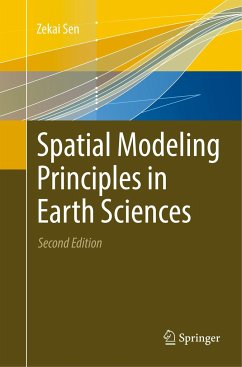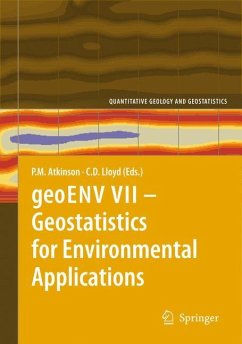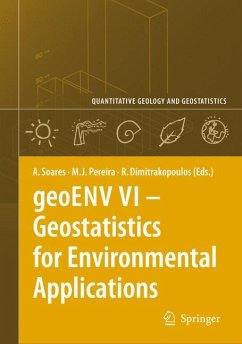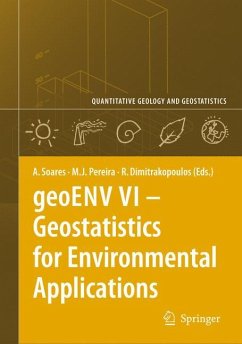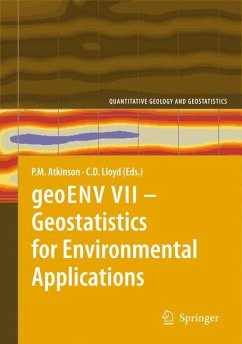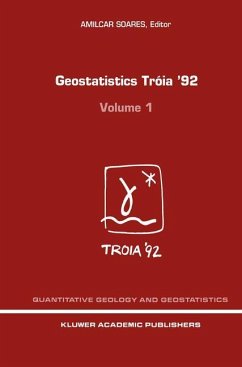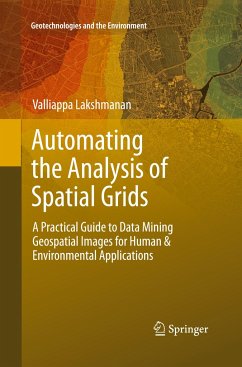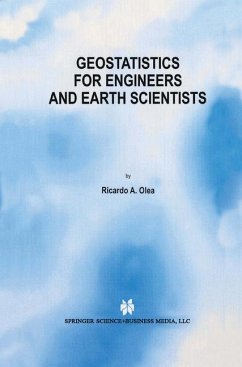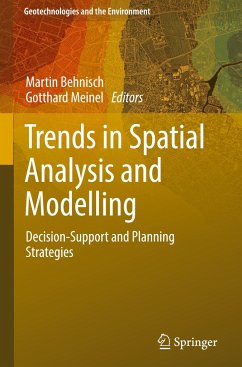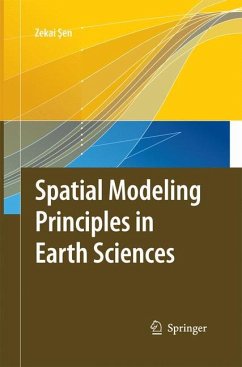
Spatial Modeling Principles in Earth Sciences
Versandkostenfrei!
Versandfertig in 6-10 Tagen
113,99 €
inkl. MwSt.
Weitere Ausgaben:

PAYBACK Punkte
57 °P sammeln!
Spatial Modeling Principles in Earth Sciences presents fundamentals of spatial data analysis used in hydrology, geology, meteorology, atmospheric science and related fields. It examines methods for the quantitative determination of the spatial distribution patterns. This book brings together the material from the current literature in earth sciences and practical examples.It provides a sound background of philosophical, logical, rational and physical principles of spatial data and analysis, and explains how it can be modeled and applied in earth sciences projects and designs. It collects infor...
Spatial Modeling Principles in Earth Sciences presents fundamentals of spatial data analysis used in hydrology, geology, meteorology, atmospheric science and related fields. It examines methods for the quantitative determination of the spatial distribution patterns. This book brings together the material from the current literature in earth sciences and practical examples.
It provides a sound background of philosophical, logical, rational and physical principles of spatial data and analysis, and explains how it can be modeled and applied in earth sciences projects and designs. It collects information not previously available in one source, and provides methodology for the treatment of spatial data to find the most rational and practical solution.
The book is a valuable resource for students, researchers and practitioners of a broad range of disciplines including geology, geography, hydrology, meteorology, environment, image processing, spatial modeling and related topics.
It provides a sound background of philosophical, logical, rational and physical principles of spatial data and analysis, and explains how it can be modeled and applied in earth sciences projects and designs. It collects information not previously available in one source, and provides methodology for the treatment of spatial data to find the most rational and practical solution.
The book is a valuable resource for students, researchers and practitioners of a broad range of disciplines including geology, geography, hydrology, meteorology, environment, image processing, spatial modeling and related topics.



